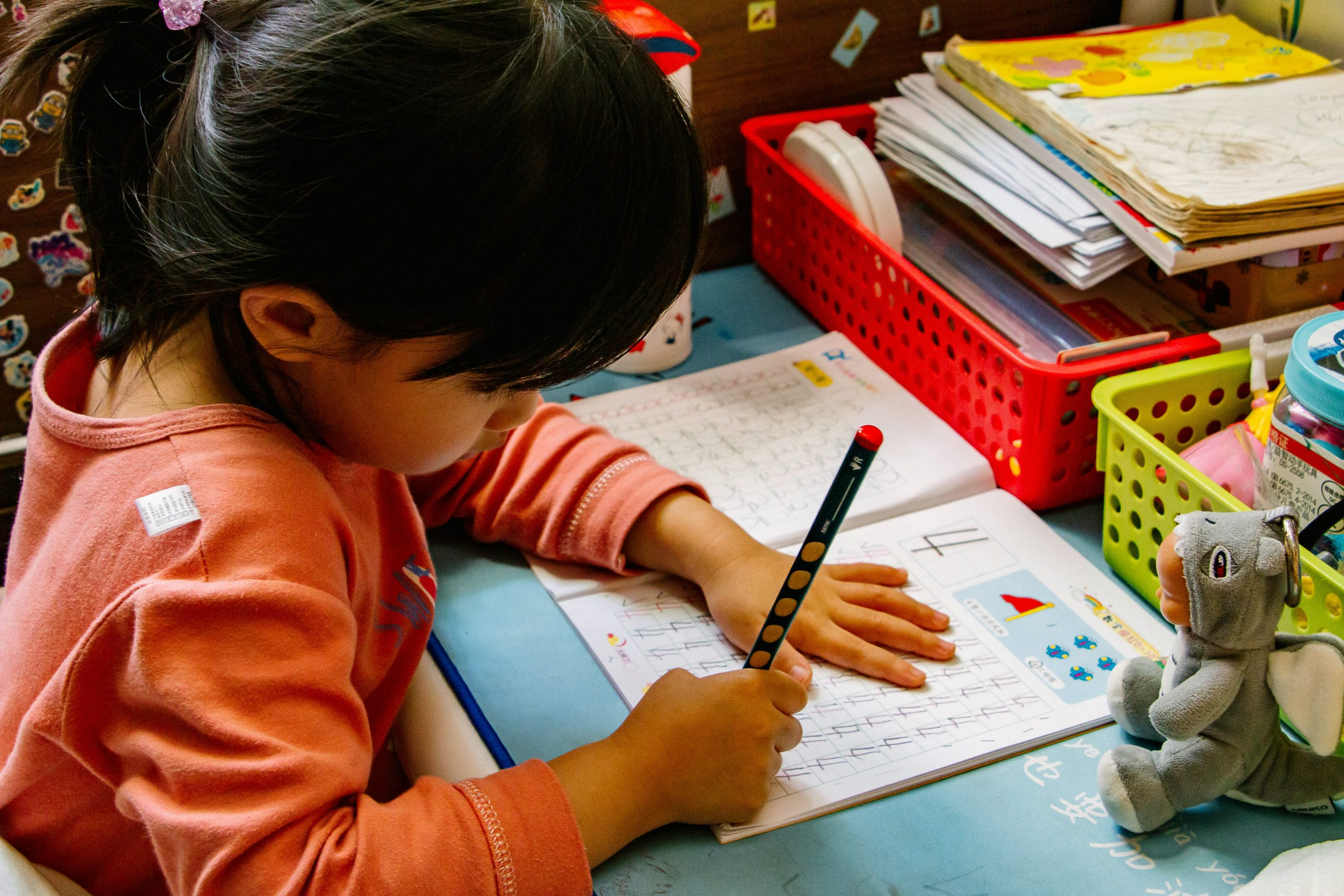The Future of Standardized Testing in Global Schooling
The education system is constantly evolving and adapting to meet the needs and challenges of a rapidly changing world. One such aspect that has garnered much attention in recent years is standardized testing. Standardized testing has been a long-standing practice in the education system, used as a measure of student performance, teacher effectiveness, and school rankings. However, with the emergence of a globalized world, the traditional concept of standardized testing is being reevaluated. In this article, we will explore the future of standardized testing in global schooling and the impact it may have on the education system as a whole.
The History of Standardized Testing
The idea of standardized testing can be traced back to the ancient Chinese civil service exams, used to select government officials based on their knowledge and proficiency. In the United States, standardized testing was first introduced in the mid-19th century to measure academic aptitude and assess students’ readiness for higher education. Over the years, standardized testing has evolved to include more subjects and grade levels, with the introduction of tests like the SAT, ACT, and Advanced Placement exams.
The Purpose of Standardized Testing
Proponents of standardized testing argue that it provides a fair and objective way to measure student performance, as all students are tested using the same format and questions. It also allows for easy comparison of student achievement across schools, districts, and even countries. This data can then be used to determine funding, teacher bonuses, and school rankings.
However, standardized tests have faced criticism for being too focused on a narrow set of skills, such as memorization and test-taking strategies, rather than critical thinking and practical application. This has led to concerns about the validity and reliability of standardized test scores and their ability to accurately reflect a student’s true abilities.
The Influence of Globalization on Education
The impact of globalization on education has been significant. With the advent of technology and increased access to information, education is no longer confined to the boundaries of a classroom or a specific geographical location. Students are now exposed to diverse cultures, ideas, and perspectives, creating a more globalized learning environment.
Challenges of Standardized Testing in a Globalized World
Standardized tests are based on a standardized curriculum and set of skills that may not fully prepare students for the challenges of a globalized world. The emphasis on memorization and rote learning may not be applicable in a world where critical thinking and adaptability are crucial skills. The one-size-fits-all approach of standardized testing may also fail to take into account cultural and linguistic differences, putting certain groups of students at a disadvantage.
The cost and logistics of administering standardized tests to a global audience can also be a significant challenge. The tests may need to be translated into different languages and adapted to suit different cultural contexts, which can be time-consuming and expensive.
The Future of Standardized Testing in Global Schooling
As the world becomes increasingly interconnected, the traditional concept of standardized testing is facing pressure to adapt. Many education systems are exploring alternative methods of assessment that focus on a more holistic approach, taking into account a student’s individual learning journey and progress, rather than a one-time test score. These may include performance-based assessments, portfolios, and project-based learning.
The Shift Towards Competency-based Assessment
Competency-based assessment is gaining popularity as a more effective way to measure student learning in a globalized world. This approach focuses on the mastery of specific skills and competencies, rather than just acquiring knowledge. It allows for more personalized learning and provides a better indication of a student’s ability to apply their knowledge and skills in real-world scenarios.
Another potential shift in the future of standardized testing is the use of technology. Adaptive testing, which tailors questions to a student’s individual level of difficulty, holds promise for a more personalized and efficient testing process. Virtual proctoring and online testing also offer a cost-effective solution for administering tests to a global audience.
In Conclusion
The future of standardized testing in global schooling is uncertain, but one thing is for sure – it is being redefined. As our education system continues to evolve and adapt to the demands of a globalized world, so too must our methods of assessment. The focus should be on creating a more equitable and inclusive assessment system that prepares students for the challenges of the 21st century. Only then can we truly measure a student’s success and ensure that they are equipped with the necessary skills to thrive in a constantly evolving world.










